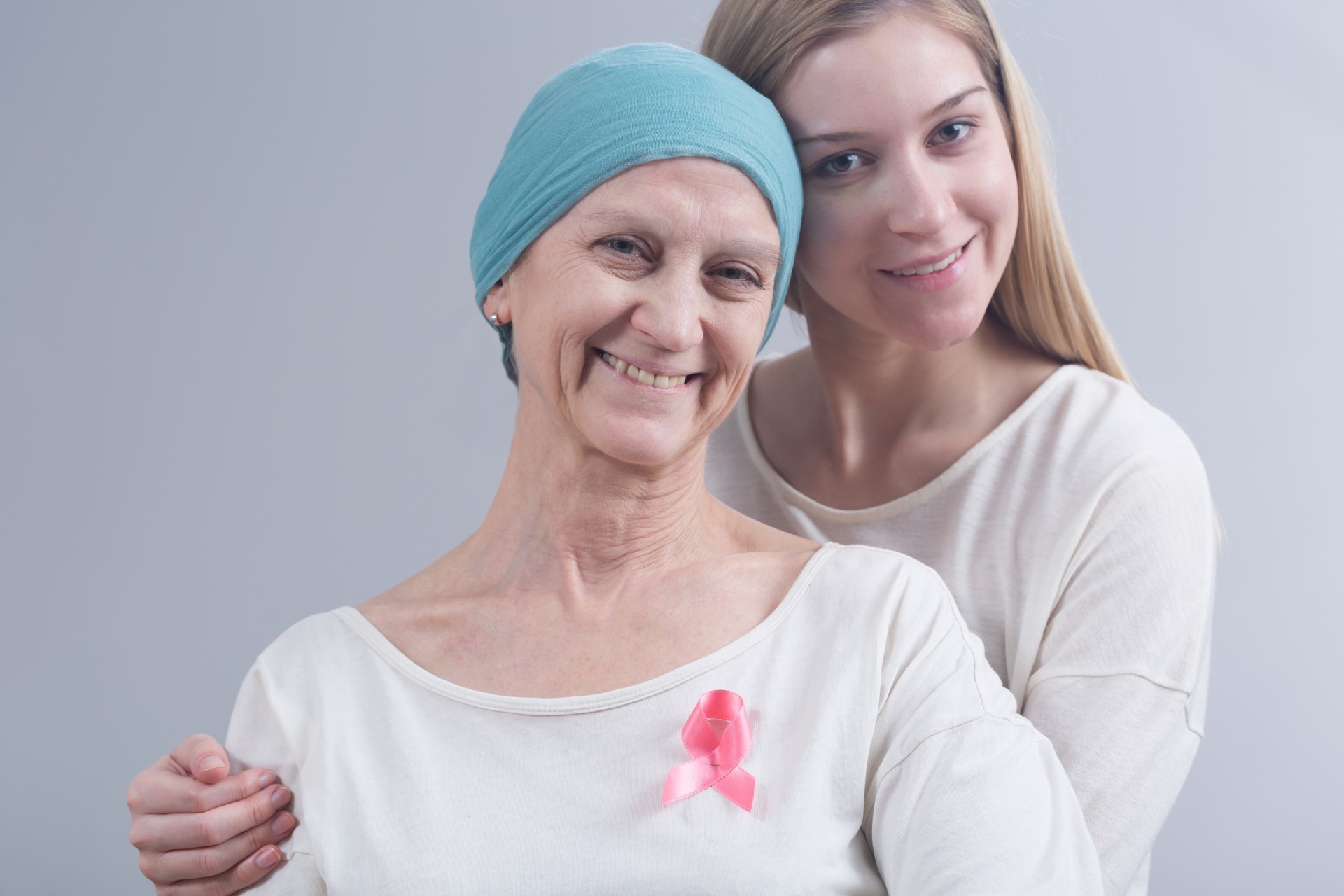
THINK PINK
What you need to know this Breast Cancer Awareness month.
Unfortunately, 40,450 women in the US will die this year from breast cancer. And every year, nearly a quarter million new cases of breast cancer (246,000) will be diagnosed. Yet, with October being Breast Cancer Awareness Month, National Breast Cancer Foundation acknowledges that awareness in and of itself is widespread.
“Awareness is not so much the problem as is the follow through,” says Rebecca Anderson, NBCF’s marketing manager. “Many of us would never let our child get behind on a doctor checkup. It’s ourselves we tend to neglect.”
NBCF recommends annual mammograms for women aged 40 and over and that all women see their physician for regularly scheduled well-woman exams. In addition, breast self-awareness can help you become familiar with how your breasts normally look and feel. This will help you identify any changes in your breasts that should be reported to your health care professional right away. These changes can include a lump or thickening in or near the breast or in the underarm area, a change in the size or shape of the breast, dimpling or puckering in the skin of the breast, among other warning signs. NBCF’s free eBook can help you be proactive about your breast health.
Ultimately, early detection is the goal of the massive awareness campaign taking place throughout the month. When breast cancer is detected early, in the localized stage, there is a 5-year relative survival rate of nearly 100%.
General health recommendations from NBCF include maintaining an active lifestyle, not smoking, and eating a balanced diet, full of antioxidant-rich foods including peaches, kale, spinach, cherries, nuts, and more. The full list can be found HERE.
But, as Anderson notes, preventative measures like this can only go so far.
“Women who are the picture of health—marathon runners who do everything right—can still get this disease,” Anderson says. “Early detection is still the best tool we have, and even this is not perfect.”
As for family and friends of loved ones battling breast cancer, Anderson says NBCF insists that no one face cancer alone. Things you can do for your family member or friend facing this terrible disease:
– Help them prepare for their doctor appointments. These visits can be overwhelming, and oftentimes, an important question is forgotten in the heat of the moment.
– Go to the doctor appointment and take notes. Doctors put a tremendous amount of information in front of patients. Having a level-headed note-taker—and emotional supporter—is indispensable.
– When you offer help, be specific. “Everyone says, ‘Let me know what I can do to help.’” Anderson says. “But at that moment the patient is thinking, ‘Do I get a lumpectomy or a mastectomy?’ By asking an open-ended question you’re giving them another decision to make.” Also consider the fact that even a woman who’s shouldering a lot of worry and pain still doesn’t want to inconvenience those around her. Instead, be very precise with your offer. Ask the person, “I’d like to cook dinner for you and do laundry on Saturday. Does that work for you?” You’re much more likely to be of help.
Visit the NBCF to learn more about early detection, to read their wellness blog, and to learn about retreats for women with metastatic breast cancer, or breast cancer that has spread to other areas of the body. You can download their free breast health e-book HERE.

